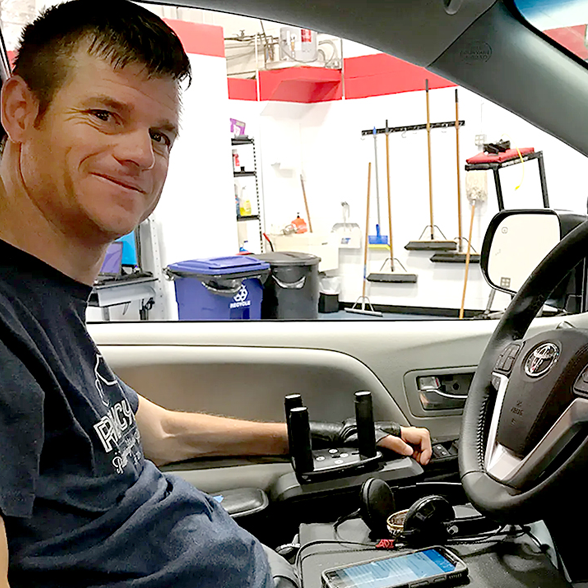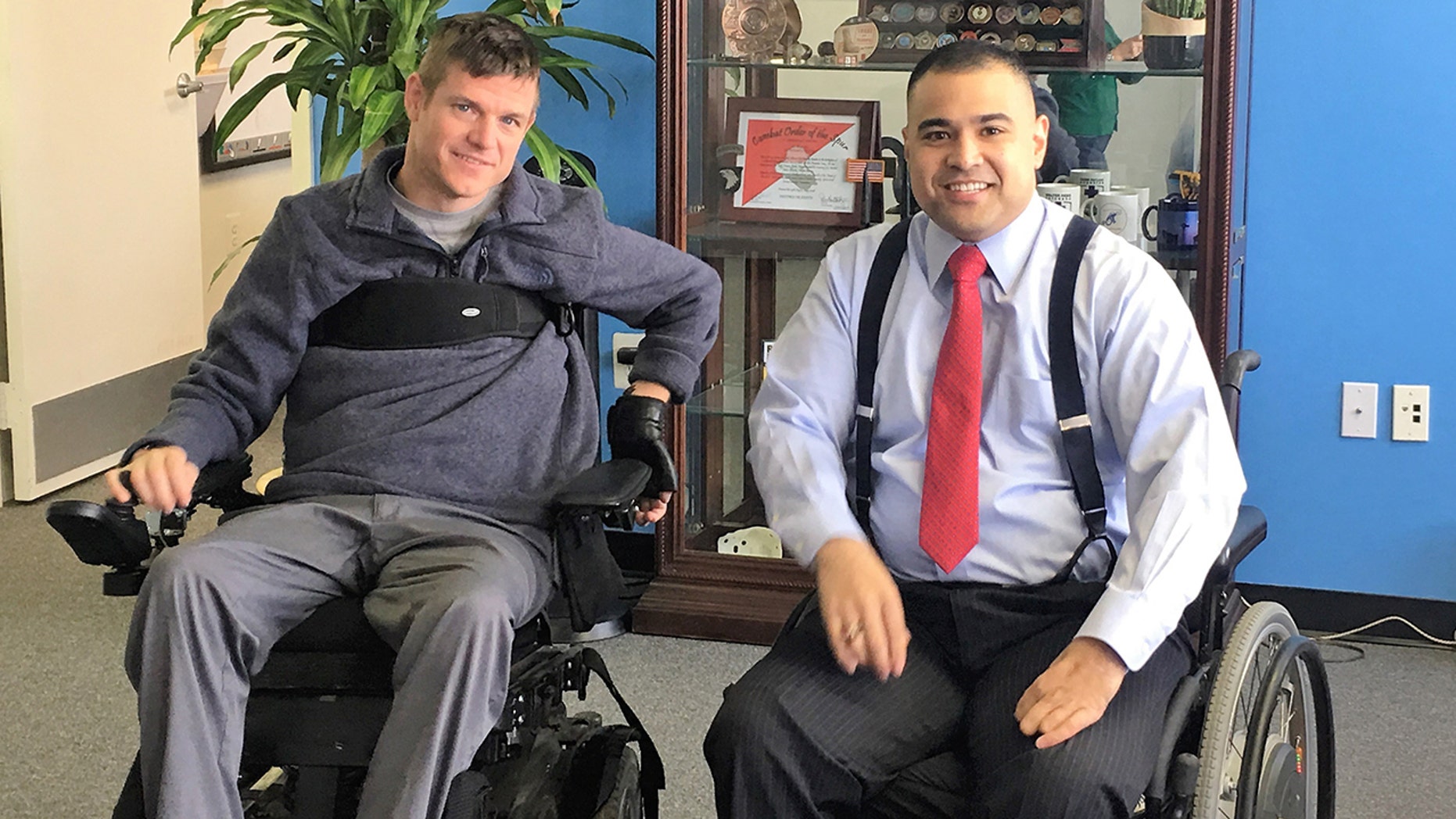
Former Marine Creates America’s First Driving Rehabilitation Program to Help Veterans, Wounded Warriors Get Back on the Road
Marine Veteran Josh Himan was severely wounded in Afghanistan and decided to team up with his occupational therapist and driving rehab specialist, Tammy Phipps, to help people in need get back on the road.
The duo developed the Driver Rehabilitation Center of Excellence (DRCE) in 2016, which is the nation’s first driving rehab program that offers a full suite of services meant to help people who are either injured or physically challenged.
Himan and Phipps first met at the Walter Reed National Military Medical Center in Bethesda, Maryland, where Phipps had created the first-ever driver rehab program in the Department of Defense. Himas was one of her patients – he was paralyzed from the waist down after his vehicle drove over an IED (improvised explosive device) during his final month of deployment in 2009.
“During my time in the hospital, you know, one of their things was, what can I do back in society again?” said Himan. “They told me that I had the ability to drive…but the problem was trying to put the whole package together.”
On top of figuring out how to get back on the road, Himan said that the Veterans Affairs paperwork was especially challenging. So, he called Phipps for help, and everything changed.
Phipps recalled getting several similar calls, and said the problem is due to there being only a “very small niche” of occupational therapists that do driving rehabilitation.

So, they formed the DRCE, which is located in Fairfax County, Virginia. DRCE staff evaluates each driver to determine which equipment they need and then installs it properly. The driver goes through the driving rehab program until they are comfortably back on the road.
Veterans are not the only beneficiaries of the DRCE, though. “What I really find a lot of pride in is I help quadriplegics all over America,” Himan said. “We’re able to take those skills that we learned in the military and from all those military injuries and now actually pass that along to the civilian world.”
Image source: Pehal News


 Previous
Previous
